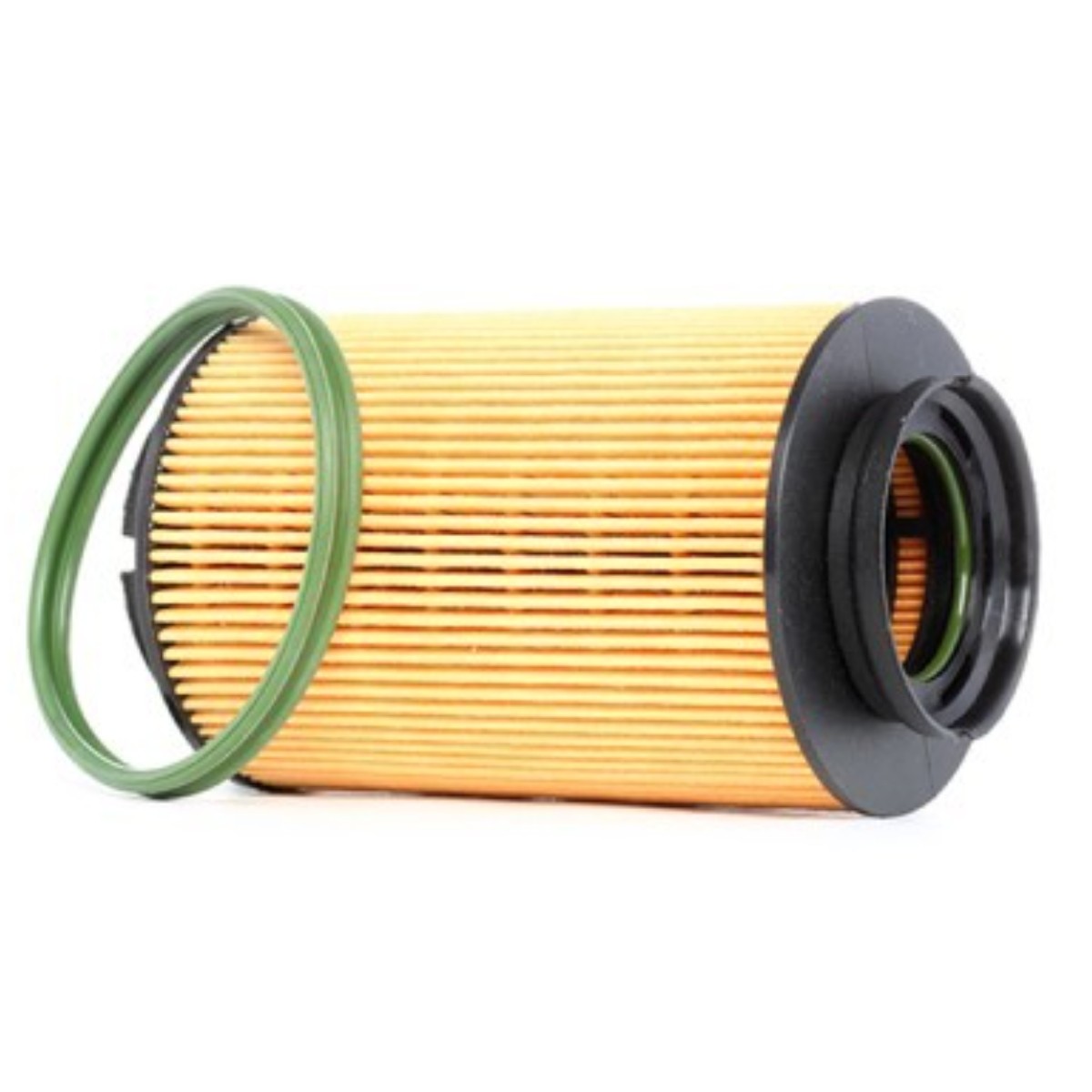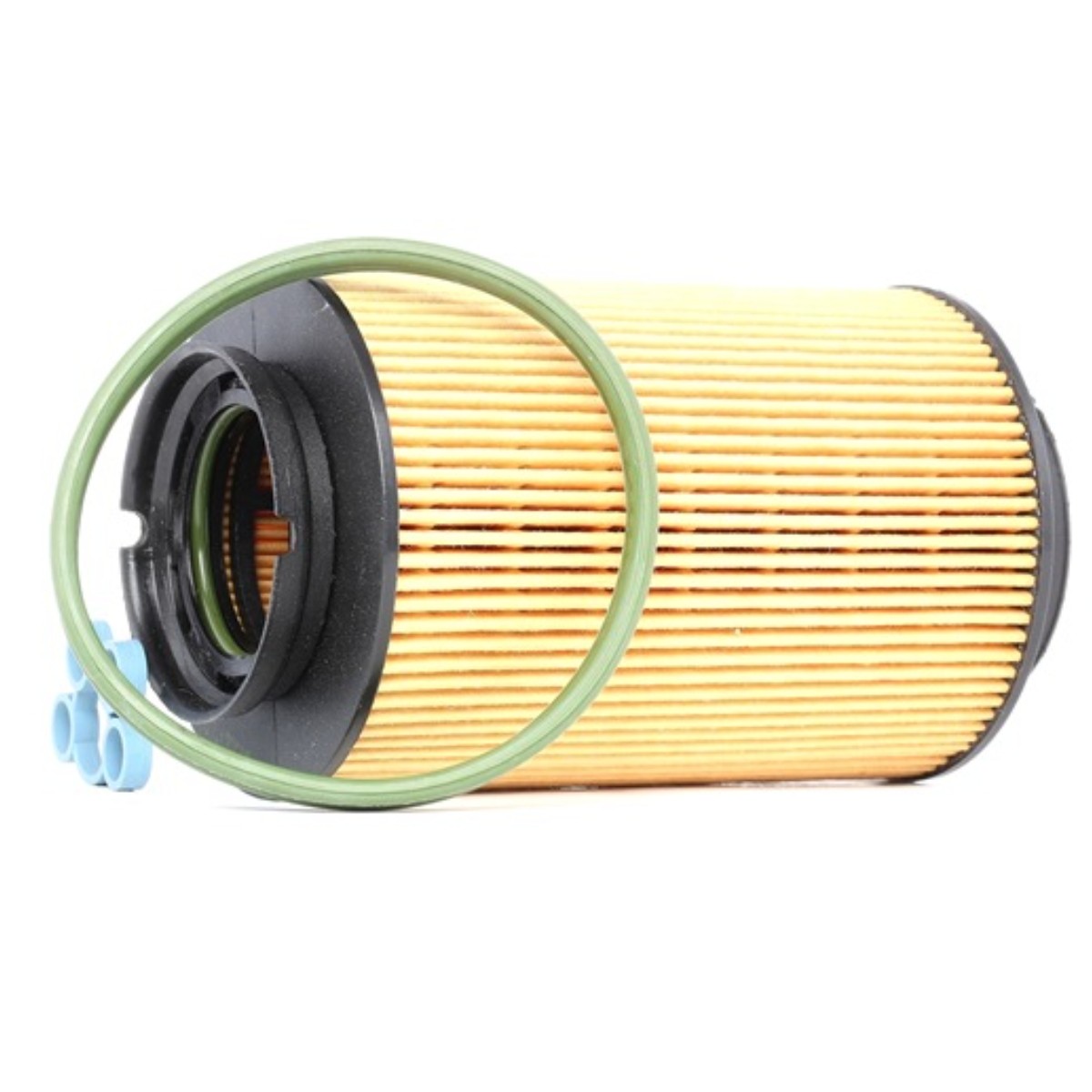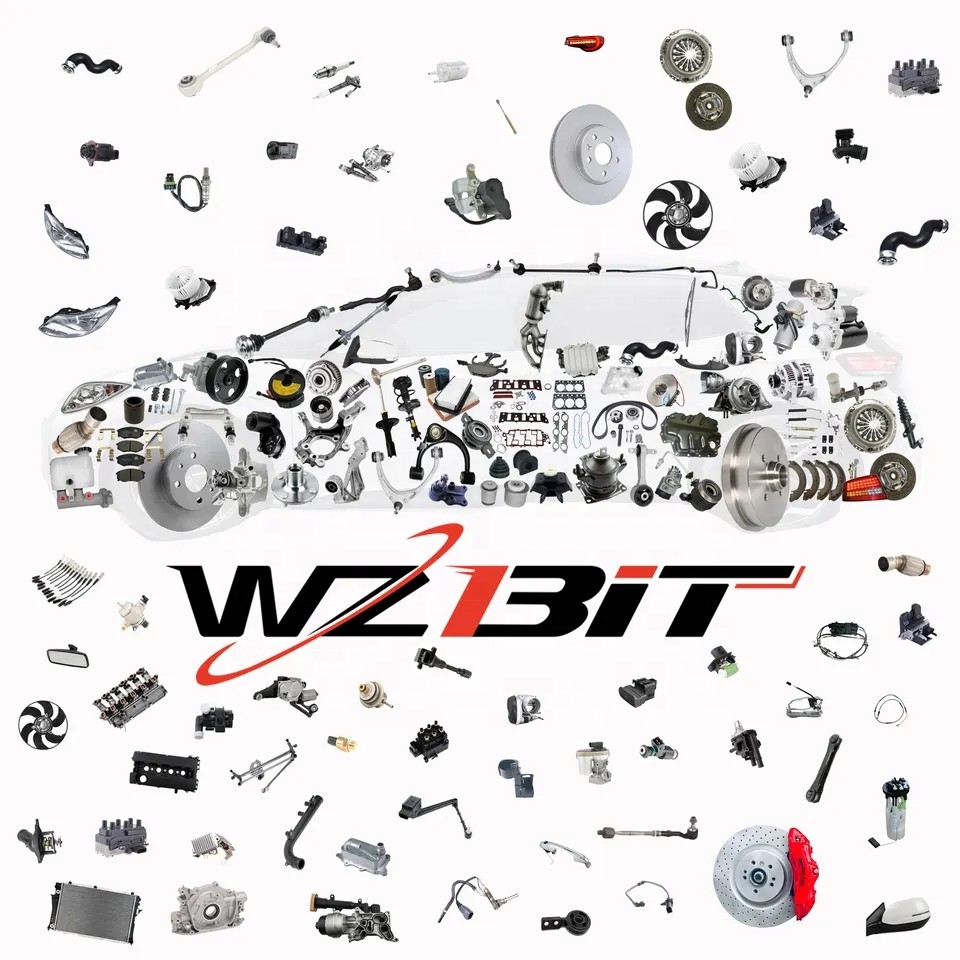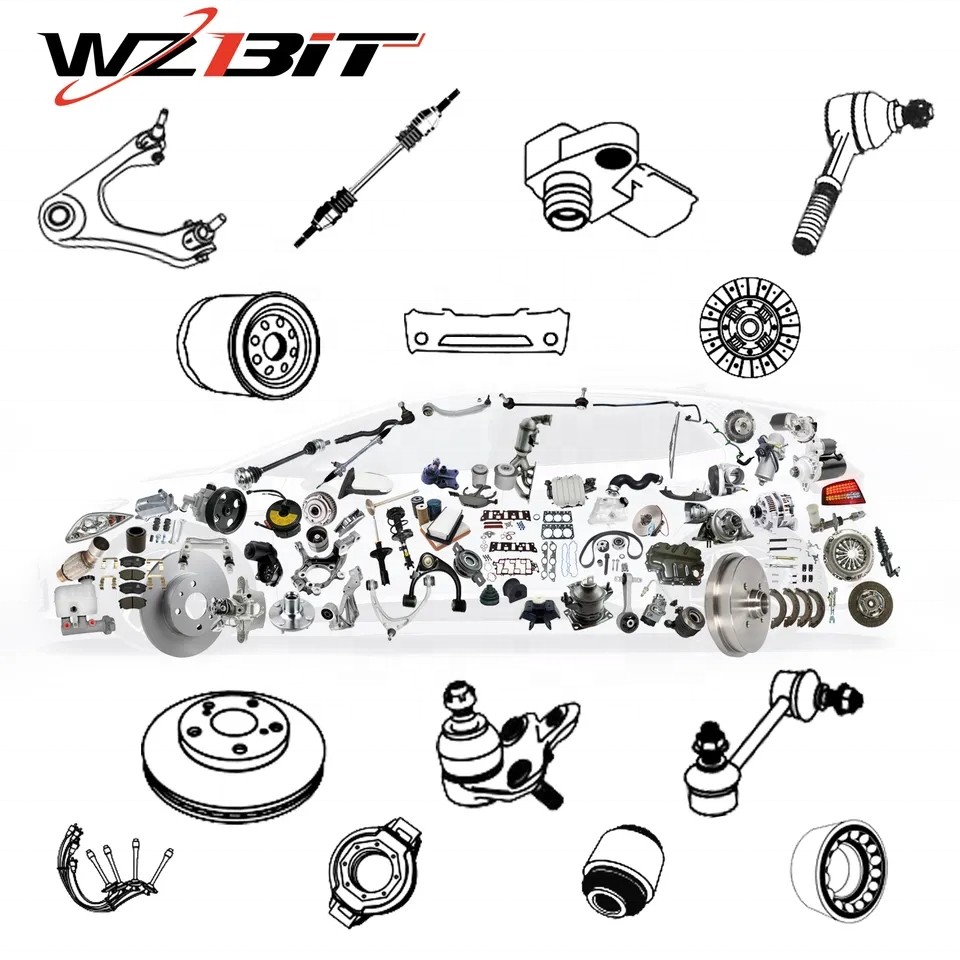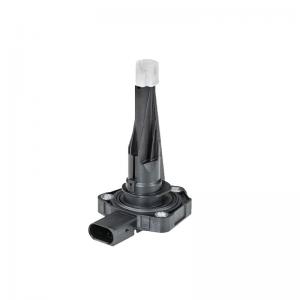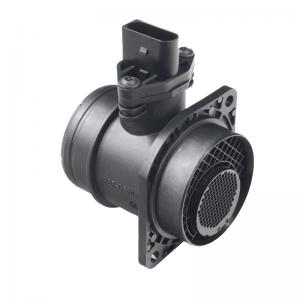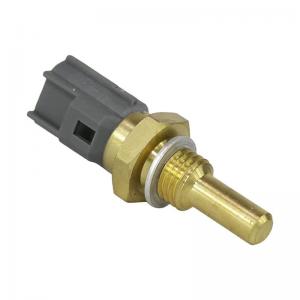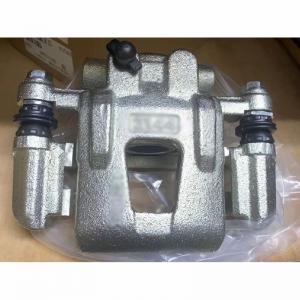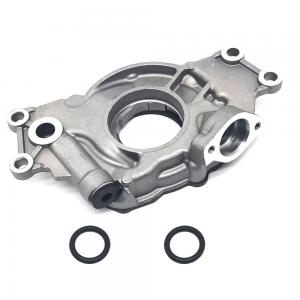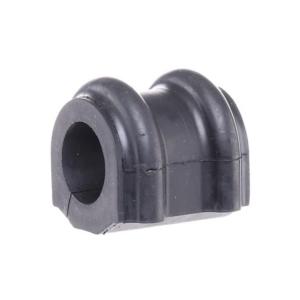Fuel Filter
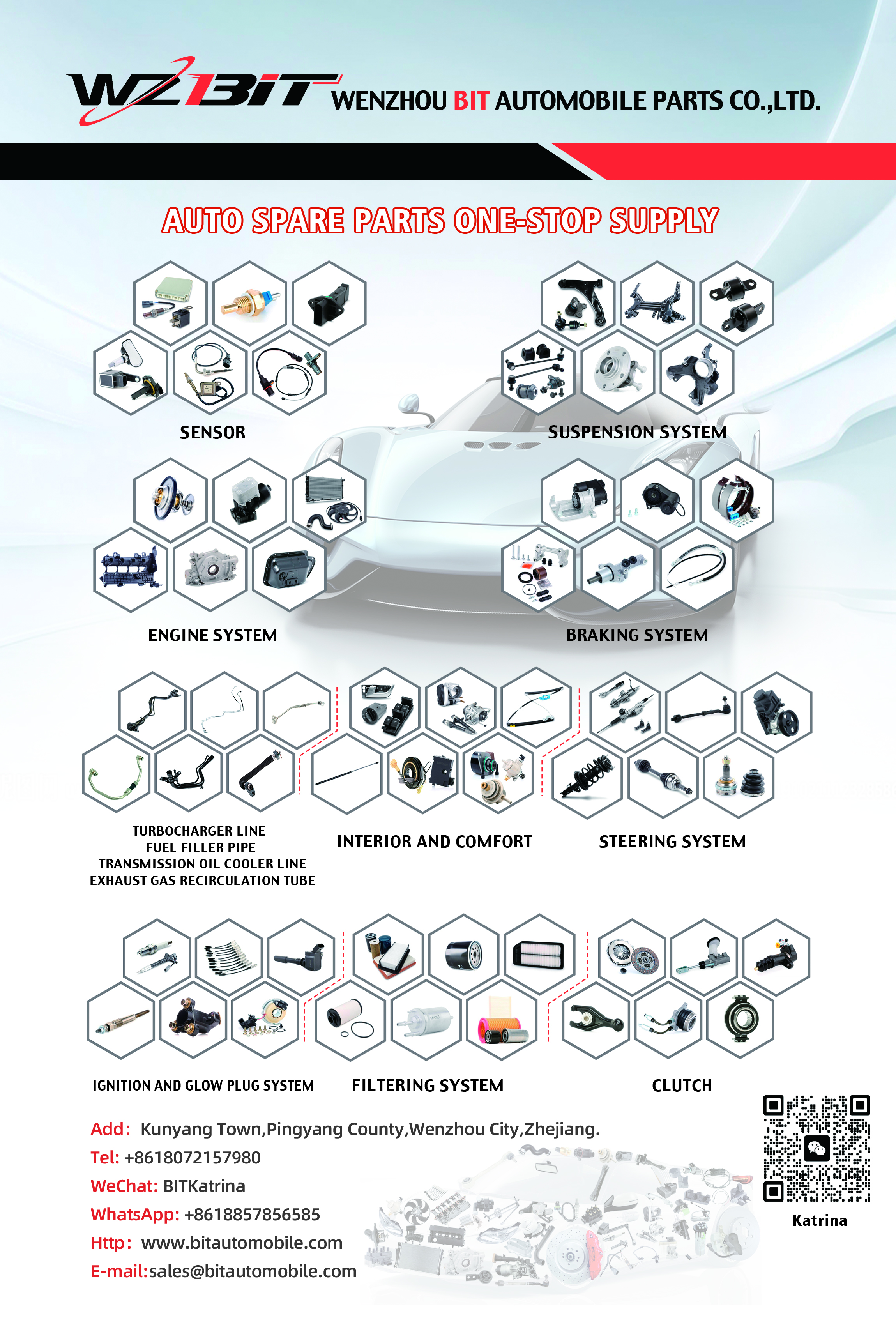
A fuel filter is a crucial component in a vehicle's fuel system that serves to remove contaminants and impurities from the fuel before it reaches the engine. This is essential for maintaining engine performance and preventing damage to sensitive components like fuel injectors and combustion chambers.
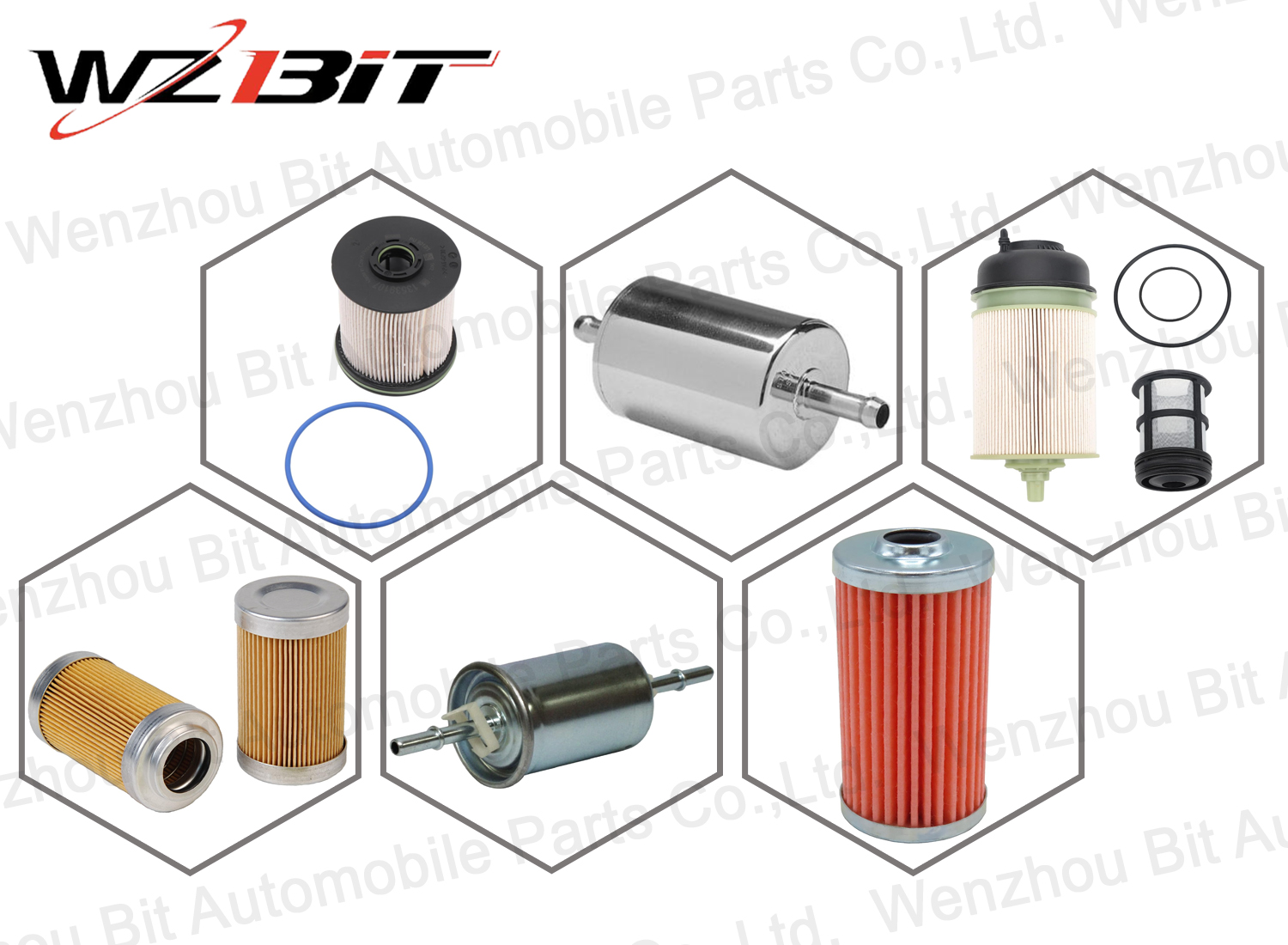
OE Number
| 1K0127177 | 1K0127400L | 1K0127400C |
| 1K0127434A | 1K0127400K | FG2030 |
| 1K0127434 | 1K0127177A | 1K0127400B |
Compatible Applications
| AUDI A3 Convertible (8P7) (Year of Construction 04.2008 - 05.2013, 105 - 140 PS, Diesel) |
| AUDI A3 Hatchback (8P1) (Year of Construction 05.2003 - 08.2012, 105 - 170 PS, Diesel) |
| AUDI A3 Sportback (8PA) (Year of Construction 09.2004 - 03.2013, 105 - 170 PS, Diesel) |
| AUDI Q3 (8UB, 8UG) (Year of Construction 06.2011 - 04.2015, 177 PS, Diesel) |
| SEAT Altea (5P1) (Year of Construction 03.2004 - ..., 90 - 170 PS, Diesel) |
| SEAT Altea XL (5P5, 5P8) (Year of Construction 10.2006 - ..., 90 - 170 PS, Diesel) |
| SEAT Leon I Hatchback (1M1) (Year of Construction 10.2005 - 06.2006, 100 PS, Diesel) |
| SEAT Leon II Hatchback (1P1) (Year of Construction 07.2005 - 12.2012, 90 - 170 PS, Diesel) |
| SEAT Toledo III (5P2) (Year of Construction 04.2004 - 05.2009, 105 - 170 PS, Diesel) |
| SKODA Octavia II Combi (1Z5) (Year of Construction 02.2004 - 05.2013, 105 - 170 PS, Diesel) |
| SKODA Octavia II Hatchback (1Z3) (Year of Construction 02.2004 - 04.2013, 105 - 170 PS, Diesel) |
| VW Beetle Convertible (5C7, 5C8) (Year of Construction 04.2012 - 07.2016, 140 PS, Diesel) |
| VW Beetle Hatchback (5C1, 5C2) (Year of Construction 04.2011 - 07.2016, 140 PS, Diesel) |
| VW Caddy III Estate (2KB, 2KJ, 2CB, 2CJ) (Year of Construction 03.2004 - 05.2015, 70 - 105 PS, Diesel) |
| VW Caddy III Van (2KA, 2KH, 2CA, 2CH) (Year of Construction 03.2004 - 05.2015, 70 - 105 PS, Diesel) |
| VW Eos (1F7, 1F8) (Year of Construction 06.2006 - 08.2015, 140 PS, Diesel) |
| VW Golf Plus / Crossgolf (5M1, 521) (Year of Construction 01.2005 - 12.2013, 90 - 140 PS, Diesel) |
| VW Golf V Hatchback (1K1) (Year of Construction 10.2003 - 11.2008, 75 - 170 PS, Diesel) |
| VW Golf V Variant (1K5) (Year of Construction 06.2007 - 07.2009, 105 - 140 PS, Diesel) |
| VW Golf VI Convertible (517) (Year of Construction 03.2011 - 05.2016, 105 - 140 PS, Diesel) |
| VW Golf VI Hatchback (5K1) (Year of Construction 10.2008 - 05.2013, 90 - 170 PS, Diesel) |
| VW Golf VI Variant (AJ5) (Year of Construction 07.2009 - 07.2013, 90 - 140 PS, Diesel) |
| VW Jetta Mk5 (1K) (Year of Construction 08.2005 - 10.2010, 90 - 170 PS, Diesel) |
| VW Jetta Mk6 (162, 163, AV3, AV2) (Year of Construction 10.2010 - ..., 110 - 140 PS, Diesel) |
| VW Phaeton (3D1, 3D2, 3D3, 3D4, 3D6, 3D7, 3D8, 3D9) (Year of Construction 09.2004 - 03.2016, 224 - 245 PS, Diesel) |
| VW Touran I (1T1, 1T2) (Year of Construction 02.2003 - 05.2010, 90 - 170 PS, Diesel) |
| VW Touran I (1T3) (Year of Construction 05.2010 - 05.2015, 140 PS, Diesel) |
Function
The primary function of a fuel filter is to trap and remove particles such as dirt, rust, and debris that can be present in the fuel. These contaminants can enter the engine through the fuel system and potentially cause damage or reduce efficiency if not filtered out.
Construction
Fuel filters typically consist of a metal or plastic housing that contains a filter medium. The filter medium can be made of materials like cellulose, synthetic fibers, or a combination of these. It allows fuel to flow through while capturing particles as small as a few microns.
Importance
1. Engine Protection: Clean fuel is critical for the proper functioning and longevity of the engine. A fuel filter ensures that only clean fuel enters the combustion chamber, minimizing wear and tear on engine components.
2. Performance and Efficiency: By removing contaminants, the fuel filter helps maintain optimal fuel combustion, which contributes to improved engine performance and fuel efficiency.
Maintenance
Regular maintenance of the fuel filter is important to ensure its effectiveness. Manufacturers typically recommend replacing the fuel filter at specified intervals or during routine maintenance services. This helps prevent clogging and ensures that the engine receives clean fuel consistently.
Signs of a Bad Fuel Filter
- Engine Performance Issues: Such as hesitation, rough idling, or difficulty starting.
- Decreased Fuel Efficiency: Due to inefficient fuel combustion.
- Engine Stalling: Especially when accelerating or under load.
- Check Engine Light: May illuminate due to fuel system issues.
Replacement
When replacing the fuel filter, it's important to follow manufacturer guidelines. This often involves relieving fuel system pressure, disconnecting fuel lines, and installing a new filter. Proper installation ensures that the fuel filter functions correctly and maintains engine performance.
In Summary
A fuel filter is essential for maintaining clean fuel and protecting the engine from contaminants. Regular inspection and replacement according to manufacturer recommendations are key to ensuring efficient engine operation and longevity.
Send your message to us:


